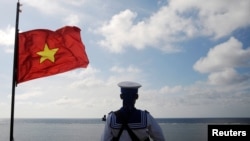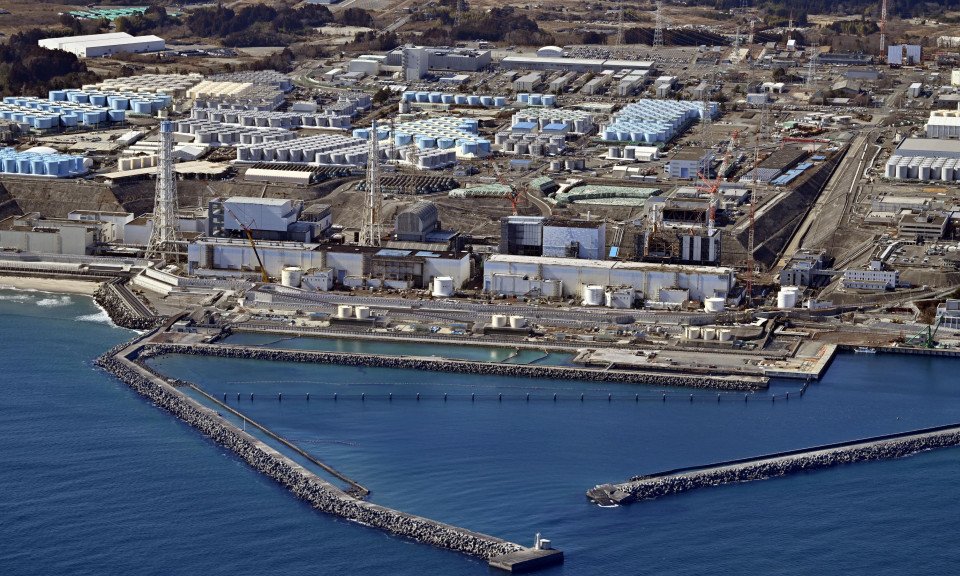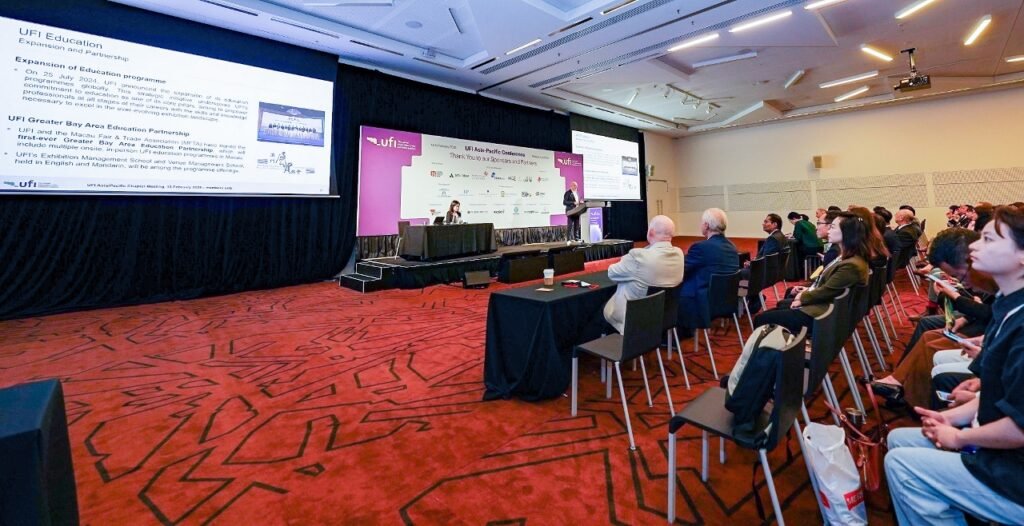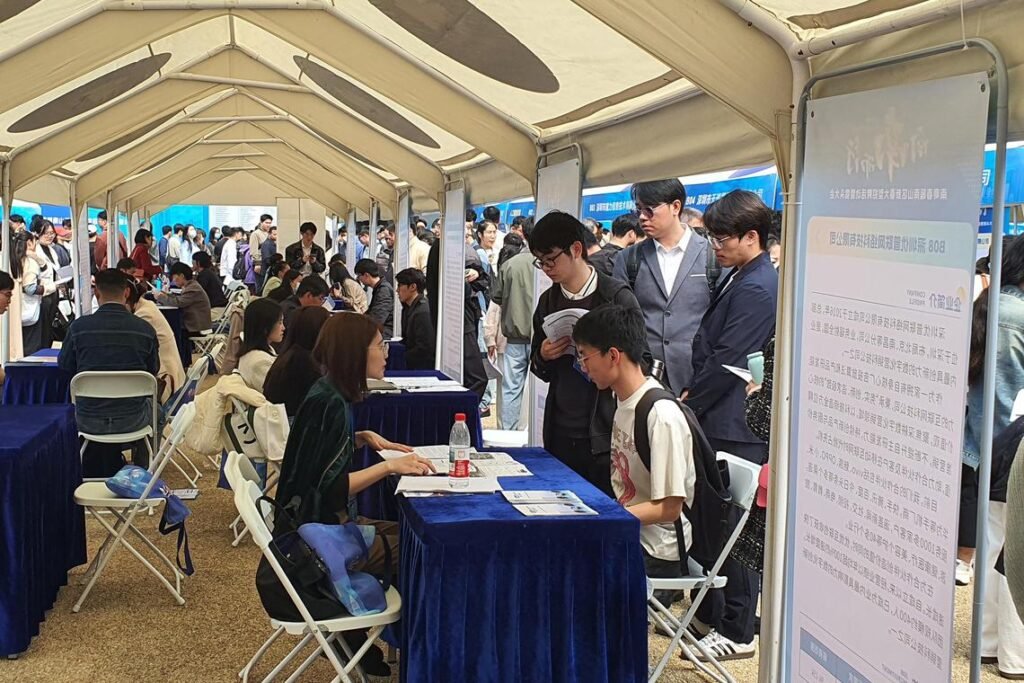China opposes Vietnam’s construction activities on a disputed islet in the South China Sea known as the Barque Canada Reef, its foreign ministry said on Wednesday.
Occupied by Vietnam since the 1980s, the reef in the Spratly Islands is claimed by several countries, in a dispute that has intensified as China and the United States vie for influence in the strategic Southeast Asian nation.
The reef is “part of China’s territory,” ministry spokesperson Guo Jiakun told a regular news conference, adding that China had always opposed “illegal occupation” of islands and reefs.
Vietnam’s foreign ministry did not immediately respond to a request for comment.
China claims almost the entire South China Sea despite overlapping claims in the busy waterway by Brunei, Malaysia, the Philippines and Vietnam.
Vietnam’s land reclamation had expanded the reef by 10 times since 2022, according to a study by Guangdong Ocean University and China’s natural resources ministry, and which is being reviewed for publication in the Journal of Tropical Oceanography.
The study added that Vietnam had dredged a channel 299 meters in width at the reef, sufficient to berth large vessels, such as warships.
Last year, China rebuffed Vietnam’s claims of sovereignty over the Paracel and Spratly island chains, saying its own claims to the two were backed by history.

Vietnam has previously cited “full legal basis and ample historical evidence” for its claims to the reef.
The neighbors, who have close economic ties, agreed to step up cooperation on security matters in a move towards building a community with a “shared future” during a trip to Hanoi last December by Chinese President Xi Jinping.
In 2016, the Permanent Court of Arbitration in the Hague ruled that China’s South China Sea claims were not supported by international law, a decision Beijing rejects.
“China will strive for an early conclusion of the code of conduct in the South China Sea and jointly safeguard peace and stability” in the region, Guo said in response to a query about disputes in the South China Sea.
He was referring to a framework the Association of Southeast Asian Nations (ASEAN) grouping is striving to finalize.


















